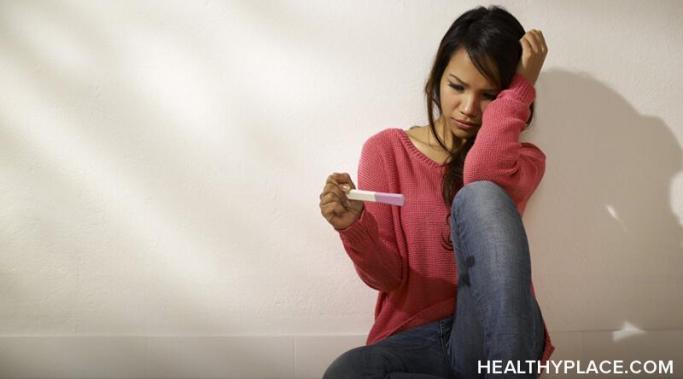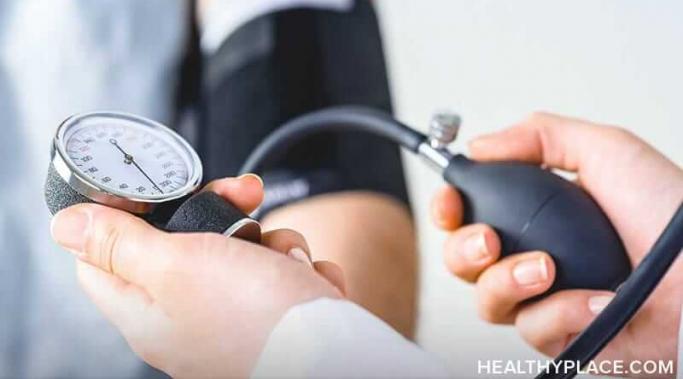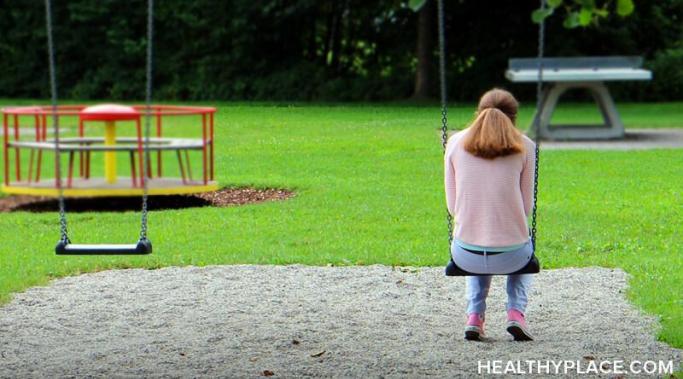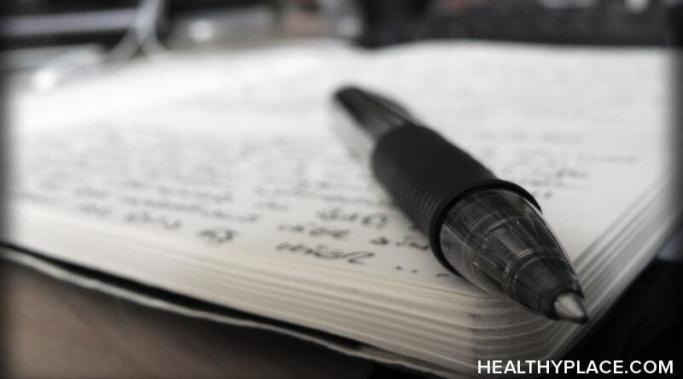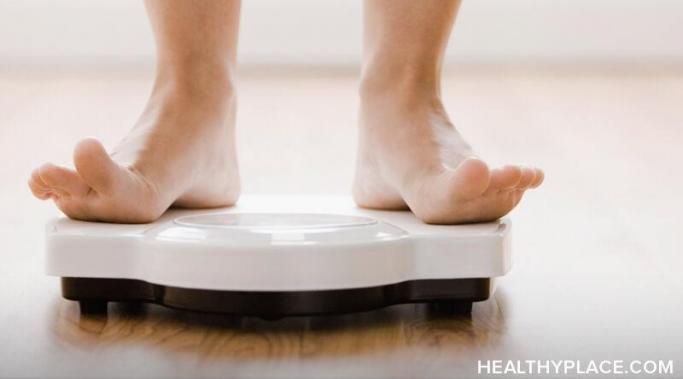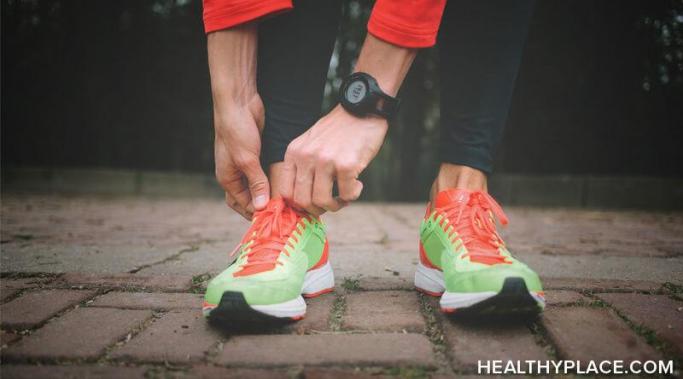I’ve chosen to avoid pregnancy conversations over the years. I hesitate even to broach this subject in therapy sessions, and the reason is simple: I'm ambivalent about motherhood. The irony is I love children. I am a huge fan of my friends' little ones. I find my nieces and nephew irresistible. But I don't feel strong maternal instincts, and I lack the desire to parent children of my own.
Identity
I believe trauma is often a repercussion of eating disorder treatment. Of course, clinical interventions are helpful, beneficial, and even crucial parts of healing, but they can still be traumatic nonetheless. This might sound like an oxymoron, so let me explain the possible trauma of treatment.
Terminal uniqueness is a concept I first learned about in eating disorder residential treatment. At the time, my restless, irritable teenage brain had no interest in the phrase. But over the years since, I've come to realize that terminal uniqueness is a common barrier to eating disorder recovery. In fact, it's not a unique or rare phenomenon at all—ironically enough. So what does terminal uniqueness mean, and how can it affect recovery? Let's unpack this further.
I prefer the version of me without an eating disorder—honestly, I do. Just a few short years ago, I never thought I would be able to utter those words from a sincere, authentic place. But so much about a human can change and transform in recovery. I used to fear that I would not recognize myself in a healed state, that I would lose my sense of personhood in the absence of those compulsions and behaviors I identified with so strongly. This fear still creeps in sometimes, but now I can spot the distortion beneath it. These days, when I look in the mirror, it's deeper than recognition. I see the real me, not the masked, hollow pretense I once believed was me. It feels exposed and vulnerable, but it also feels right.
As someone who has been a professional writer for almost 10 years (and a writing enthusiast for my whole life), I am a firm believer in journaling. Granted, I have not maintained a consistent journaling rhythm in the season where I find myself now. But when I commit to this self-care practice on a regular basis, I feel connected to my goals, priorities, and intentions for healing. Moreover, I am compelled to take meaningful, decisive actions that align with those priorities. So if you, like me, have fallen into a journaling rut over the past weeks or months, here are some journaling topics to refuel your motivation in eating disorder recovery.
Confession: sometimes, I'm afraid of complete eating disorder (ED) recovery. What does this mean exactly? It's hard to articulate, but there is a small (albeit influential and persistent) voice in the back of my head that warns me not to lose the ED behaviors I relied on for so long. As irrational as this might sound, I feel a sense of comfort and reassurance in knowing I can re-access the eating disorder anytime I need it.
As someone who started flirting with anorexic behaviors in early adolescence, I have cycled in and out of many toxic, compulsive traits over the years. But although I consider myself to be in a stable, consistent recovery mindset now, the competitive nature of my eating disorder still pulls me back into its orbit sometimes. In fact, I noticed this competitive streak reassert itself as recently as last night.
During a recent session with my therapist, I felt compelled to ask for her professional take on my relationship with exercise. I told her that I prioritize running over just about every other line item in my routine. I told her that I feel immense amounts of shame if I cannot squeeze in an hour-long workout on a daily basis. I told her that I consistently run in the 105-degree Arizona heat, no matter how miserable the experience is. I told her that I rarely feel like the choice to stop running is even an option. I told her that I am afraid that without exercise, I will lose control of my entire life. She listened to me rattle off all this information, then replied matter-of-factly: "You have an exercise addiction. How is it working for you?"
I recently came across the concept of embodiment while scrolling on that quintessential self-care resource known as Instagram. (Please note the sarcasm—I am trying to break said scrolling habit.) But excessive social media consumption aside, this term has resonated in my bones. Embodiment evokes a sense of deep awareness, connection, appreciation, and trust for the body. It feels intuitive and emotionally safe, like the start of a close friendship. It also feels sensory and tactile, like the experience of being unconditionally at home in my own skin. Since this initial Instagram encounter, I have wanted to learn all I can about what it means to practice the art of embodiment in eating disorder recovery.
When I operate within the framework of an eating disorder, my life orbits around fear. I am afraid of consuming three balanced meals. I am afraid of not being able to squeeze in enough exercise. I am afraid of the number staring back at me on a scale. I am afraid of seeing the calorie count on a nutrition label. I am even afraid of existing inside my own skin.
